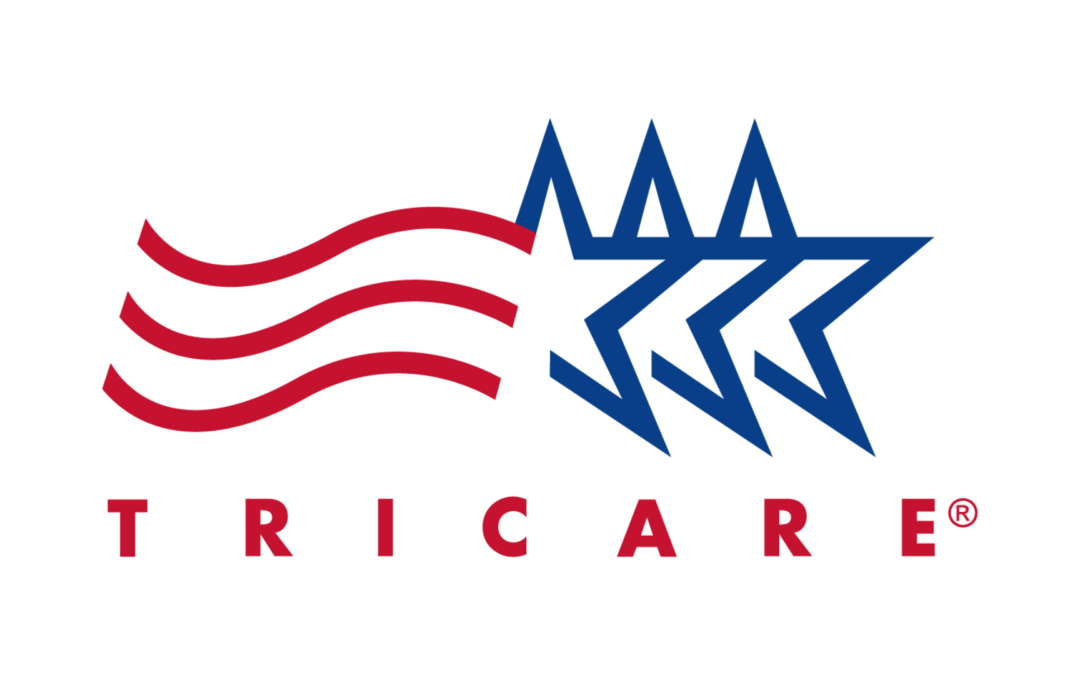One of the little known provisions in the 2024 National Defense Authorization Act is tucked away in section 702. It’s so small; anyone could pass right over it. And the language looks so innocuous that some might think it to be a technical correction.
It has a long title. “Extension Of Period Of Eligibility For Health Benefits Under Tricare Reserve Select For Survivors Of A Member Of The Selected Reserve.” And it has a very short amount of verbiage. “Section 1076d(c) of title 10, United States Code, is amended by striking ‘six months’ and inserting ‘three years’”. But its impact is huge.
Section 1076d of title 10 is the legal language for TRICARE Reserve Select (TRS). This section was added to title 10 of the U.S. Code in the 2005 NDAA, almost 20 years ago. TRS is health care coverage for members of the reserve components, definitely including the National Guard. It is subsidized by the federal government, meaning that members who elect coverage under TRS pay a premium of 28% of the cost determined by the Secretary of Defense, and the government pays the other 72% of the cost. As a contrast, those gray-area retirees who choose to enroll in TRICARE Retired Reserve pay the full cost of the plan.
This particular section in the 2024 NDAA changes a time frame from six months to three years. Simple. But what is it changing, really?
For those National Guard and reserve members who unfortunately perish while enrolled in TRS (for example, they die while on drill status or other training), their surviving spouse and family can continue TRS coverage. Until this law was passed, they could only continue their health care coverage for six months. Starting October 1 2025, they can continue their health care coverage under TRS for three years.
This seemingly insignificant change is huge for the surviving family members of deceased National Guard and reserve members who were enrolled in TRS. Instead of scurrying around to find replacement coverage, they can have some peace of mind that their health care coverage will continue, especially if the family is facing medical issues that might take longer than six months to resolve.
These provisions were initially introduced in the 1st session of the 118th Congress by Connecticut Representative Joe Courtney and Mississippi Representative Trent Kelly as the Sergeant First Class Michael Clark TRICARE Reserve Parity Act. A companion bill was introduced by Connecticut Senator Richard Blumenthal and Massachusetts Senator Elizabeth Warren. It was named after SFC Michael Clark, an Army Reserve Soldier from Connecticut, who died after being struck by lightning while serving on a 30-day training exercise at Fort Gordon Georgia in July 2022. The provisions of this legislation were included in the 2024 NDAA as section 702. Although this provision will not benefit the Clark family because of its effective date, it will help countless others who face the death of their serving spouse or parent.
— EANGUS National Office




